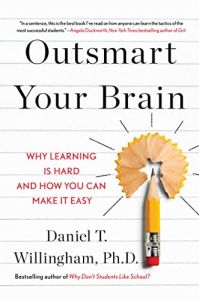
Outsmart Your Brain
Why Learning Is Hard and How You Can Make It Easy
ISBN: 9781982167172
Pages: 336
Read offline
Recommendation
Psychology Professor Daniel Willingham offers tips for learners and trainers in his research-backed guide to improving how you acquire and retain knowledge. Willingham’s recommendations, based on insights from cognitive psychology, frequently upend common wisdom about studying, test-prep and teaching. The brain, he says, doesn’t know the best ways to learn; hence, intuitive methods often don’t produce the best results. Instead, Willingham offers counterintuitive – but brain science–based – tools for learning and training, as well as a revised understanding of the important role played by motivation and confidence.
Take-Aways
About the Author
Daniel T. Willingham teaches psychology at the University of Virginia. His research focuses on applying findings from cognitive psychology and neuroscience to K–12 education. His books include Why Don’t Students Like School? and When Can You Trust the Experts? Willingham also writes the “Ask the Cognitive Scientist” column for American Educator magazine.










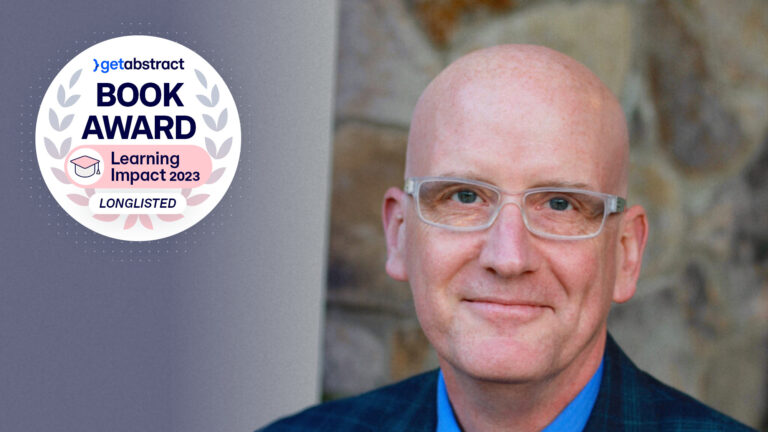
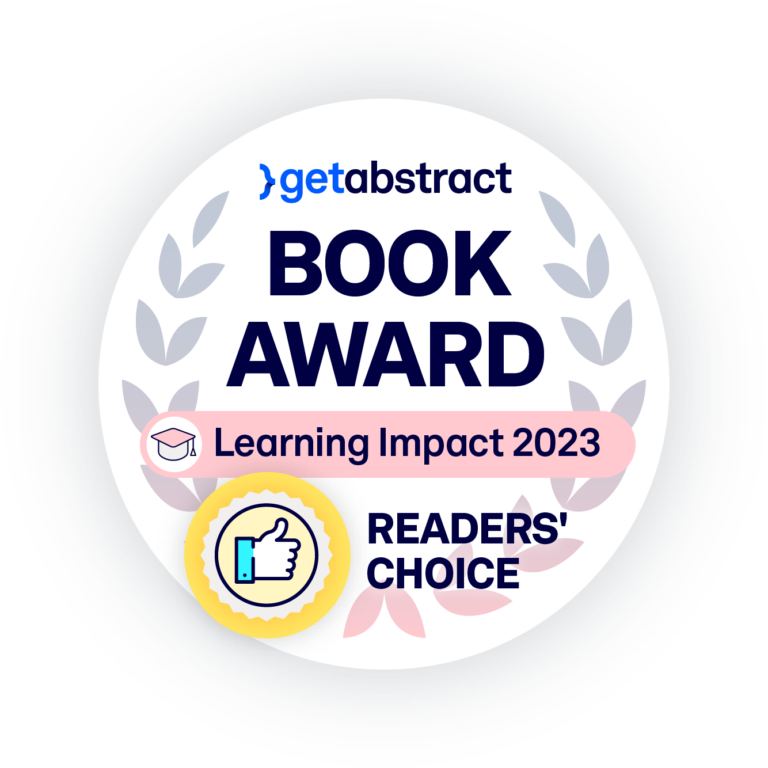
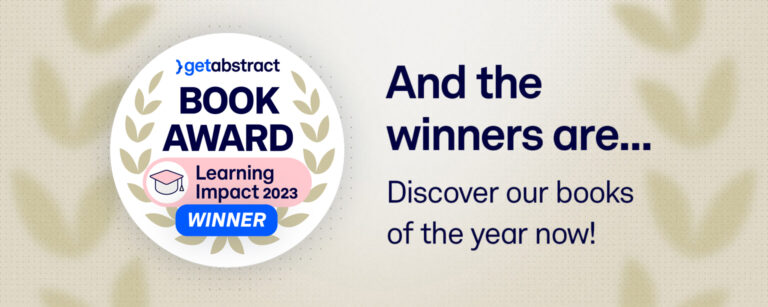


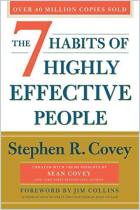






Comment on this summary or Start Discussion
Interesting to see if when buying the books, I get the answers I am looking for.